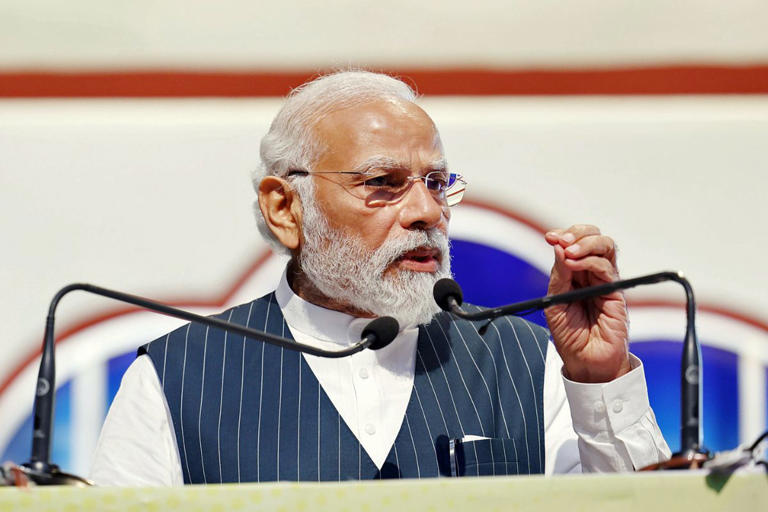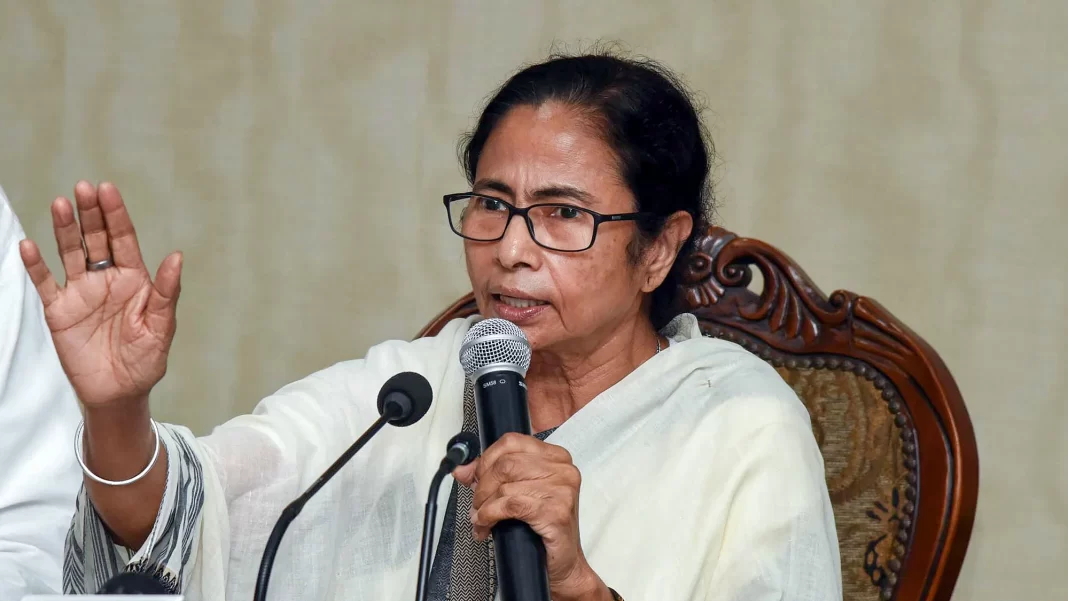
Any threat to the lives of political leaders undermines the democratic structure of society since their safety is essential to the stability and development of a country. Home Minister Amit Shah, who is renowned for his unyielding resolve, and Bihar Chief Minister Nitish Kumar, who is admired for his leadership and commitment, have both encountered comparable dangers.
Threats of death might have a variety of complicated motivations. They may sometimes develop as a result of political rivalry, philosophical disagreements, or personal animosities. Extremist groups, terrorist organizations, or people wishing to jeopardies the safety and security of the country frequently make threats against well-known leaders.
Social networking sites and the internet have become havens for people propagating violence, threats, and bigotry while simultaneously elevating voices and encouraging public discourse. Because of the relative impunity that the offenders have because to the anonymity offered by internet platforms, authorities must effectively manage this issue.
Law enforcement officials must strengthen their intelligence-gathering capabilities and collaborate with their overseas counterparts in order to find and apprehend persons who threaten death. A proactive approach can assist thwart potential assaults and protect the lives of leaders by fusing cutting-edge technology, such as digital monitoring and surveillance, with effective intelligence exchange and evaluation.
It is critical that action be taken in response to the increasing number of threats made against public personalities, including Prime Minister Modi, Indian Home Minister Amit Shah, and Bihar Chief Minister Nitish Kumar. Such threats put a nation’s stability, development, and democratic ideals in jeopardy. Protecting the safety of elected officials should be a top priority for government organizations and law enforcement organizations.
This pressing problem can be addressed by combining cutting-edge technology with thorough intelligence collection and encouraging a culture of respectful communication. It is incumbent to us as a society to maintain the values of democracy and tolerance while rejecting violence and threats.


